Social Compliance
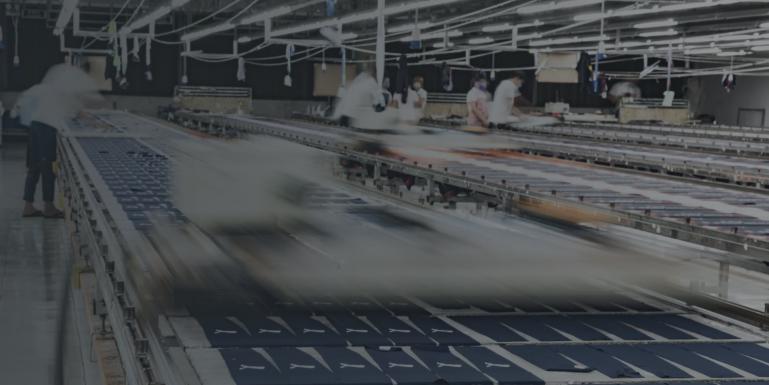
PUMA AUDITS
Enforcing the PUMA Code of Conduct on a global level requires conviction and a team of dedicated people to monitor and audit factories. They provide us with an instant picture of how well factories implement our required standards.
WHAT HAPPENS DURING AN AUDIT?
1. PRE-AUDIT
The Factory receives a self-assessment questionnaire
2. KICK-OFF
The auditor has an initial meeting with factory management
3. FACTORY TOUR
The auditor controls working areas, work desks, social areas, toilets, warehouse, etc.
4. GET TALKING
The auditor talks with randomly selected staff without management present, sometimes with employee representatives
5. FINE PRINT
The auditor inspects documents: personnel files, pay rolls, social security contributions, etc.
6. THE END OF THE DAY
The auditor meets with the factory management and hands over plans for compulsory improvements if necessary
DIVING DEEP
During the audit, the PUMA auditor monitors the employees’ working hours, the overtime accrued, the contractual rates of pay, pay rolls, employment contracts, health and safety standards in the workplace as well as the appropriate disposal of waste. This information plays into the final results of the audit after being analyzed, resulting in a factory rating on a scale from A to D.
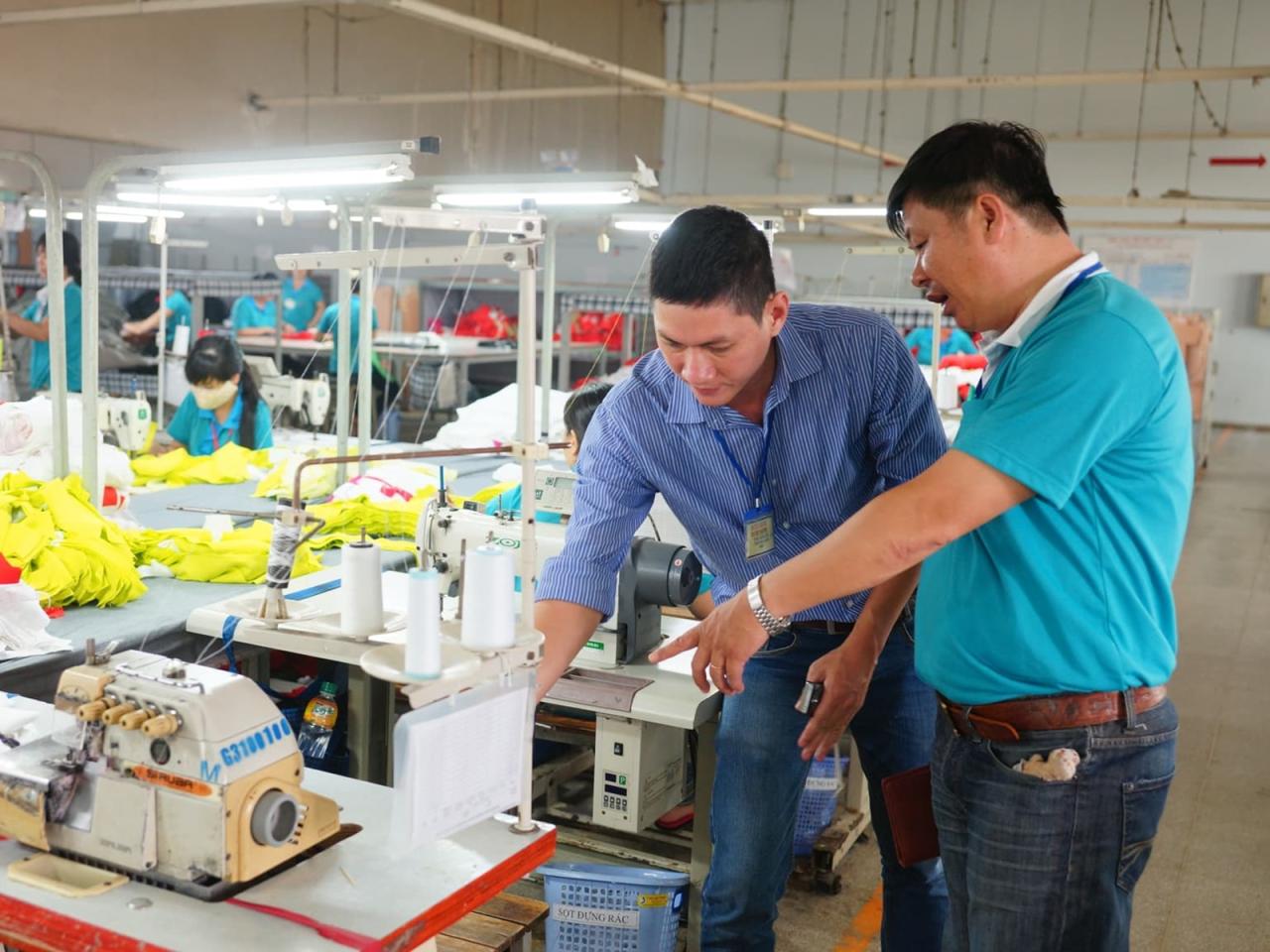
MAKING A CHANGE
Just like sport coaches, the PUMA auditor discusses weak points with the factory management and suggests ways how improvements can be made. We want to help the factories run on their own, making them aware of weaknesses in their systems and how to take steps to improve their game independently. That’s why PUMA aims to find out the causes of the problems.
In most cases, the factory management is grateful to us and receptive to the fact that our audits help highlighting problems which they would otherwise have ignored or glossed over.
TRAINER ASSISTANCE
Following an audit, the PUMA Auditor checks either online or through an on-site visit to see whether the necessary improvements in the factory have been carried out correctly. The factory management keeps track of implemented measures, particularly those relating to health and safety. Then we repeat the factory audit to make sure that the necessary improvements have been carried out.
If the auditor detects “Zero Tolerance Issues” such as child labor, forced labor and illegal production, the factory has failed the audit and needs to rectify those immediately. In case the factory fails to do so, PUMA will terminate the business relation.
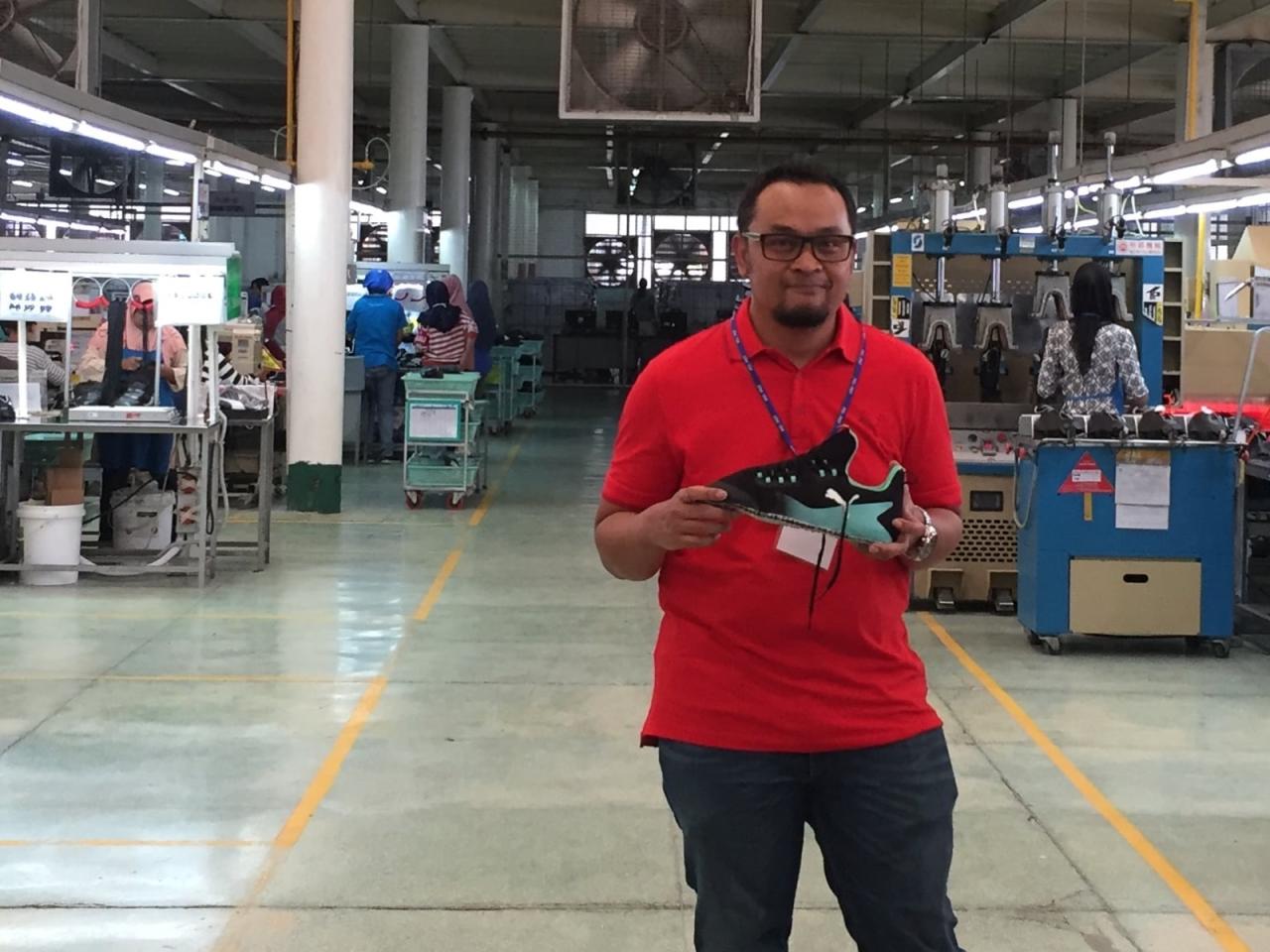
UPPING THE GAME
PUMA AUDITOR FARID NURJAMAN
Helping maintain top working conditions and PUMA’s strict standards in our Asian supplier factories is Farid's daily business.
TEAM BACK-UP
When it comes to auditing all of our more than 400 suppliers, we get support from external parties, such as the Fair Labor Association (FLA) and the Better Work Program of the International Labor Organization (ILO).
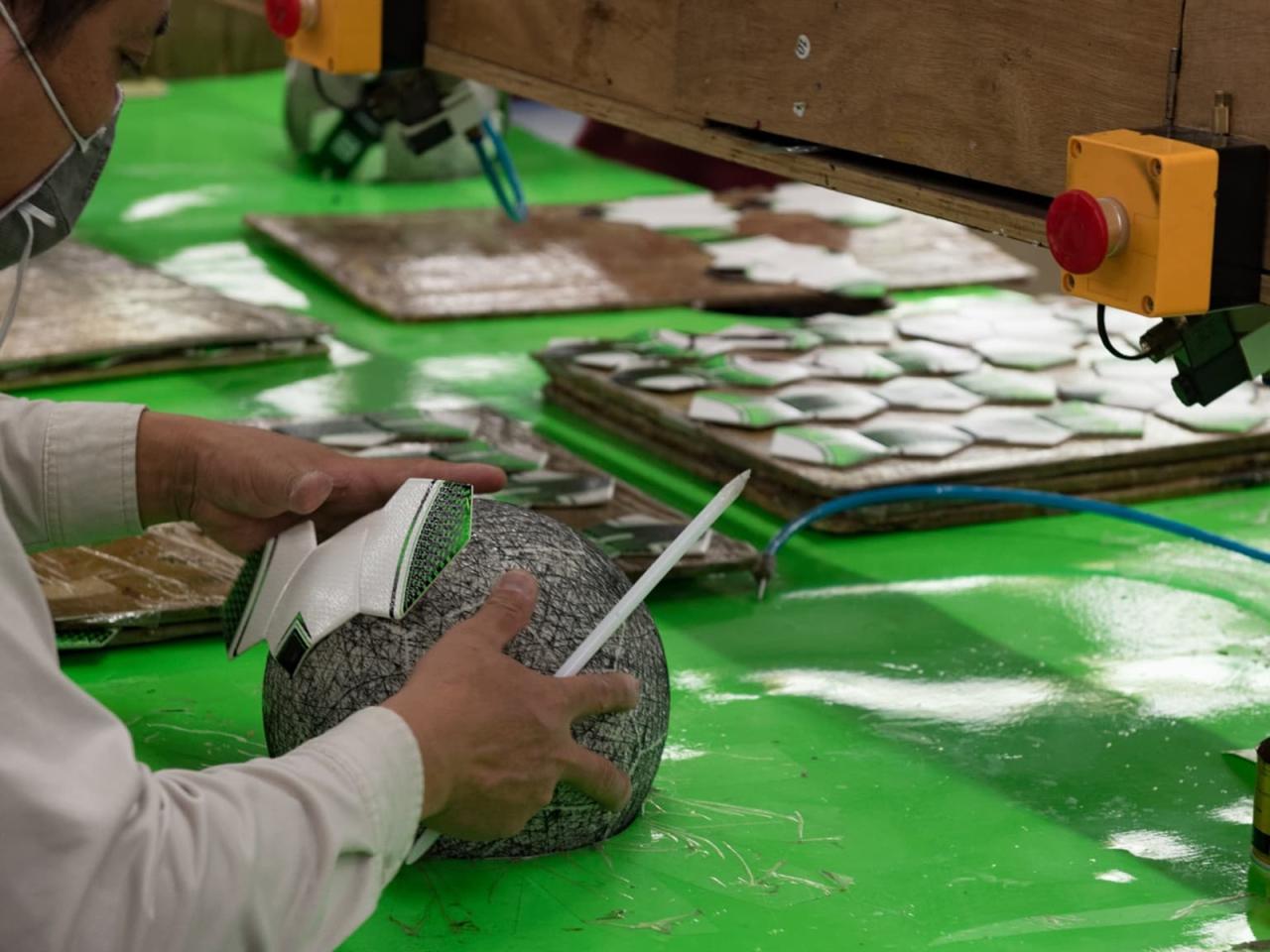
FOCUS
To audit more than 400 suppliers, we decided to divide the supplier base into two groups. Of course, we continue to regularly assess both for compliance, but our own team’s efforts are focused on our core suppliers. Meanwhile, external parties help PUMA stay on top by focusing on our non-core suppliers.
| Core suppliers | Non-core suppliers |
|---|---|
| 80% business volume | Lower order volumes |
| Used on less frequent basis |
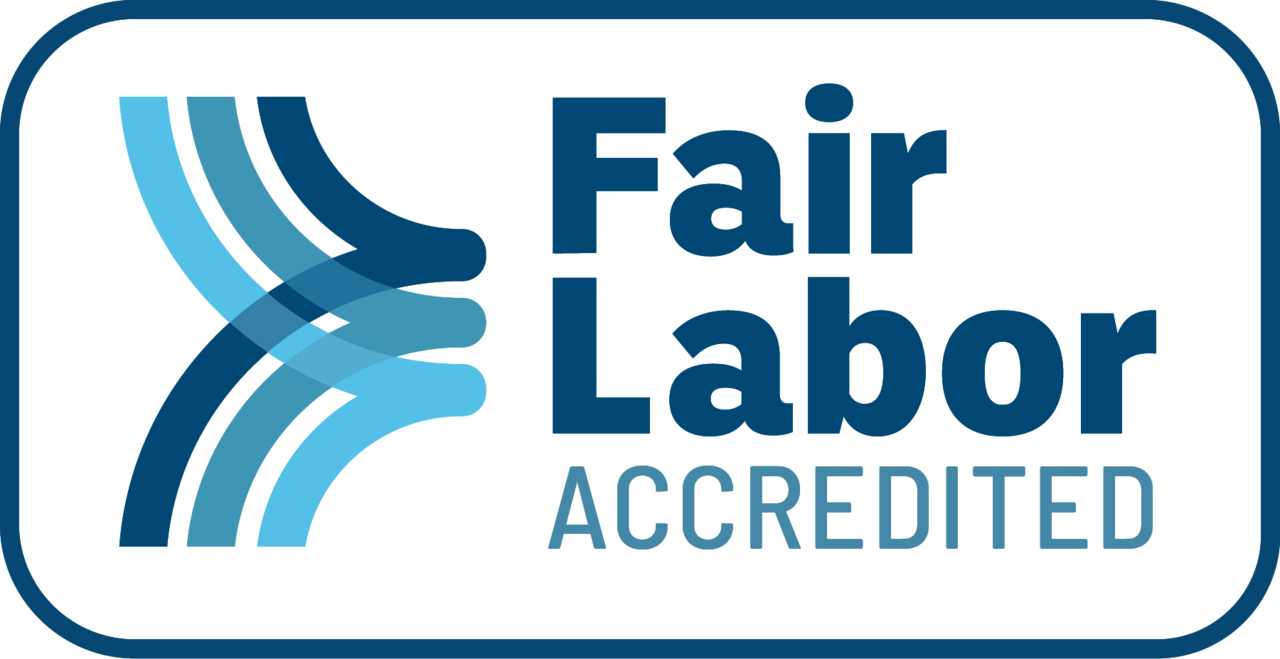
FAIR LABOR ASSOCIATION
The Fair Labor Association (FLA) promotes human rights at work. FLA is an international network of companies, universities, and civil society organizations collaborating to ensure that millions of people working at the world’s factories and farms are paid fairly and protected from risks to their health, safety, and well-being. PUMA is a member of FLA since 2004, and a Fair Labor Accredited company since 2007. Fair Labor Accreditation verifies that PUMA has systems in place to protect the workers who manufacture our products, based on the Fair Labor Association’s internationally recognized labor standards. Fair Labor Accreditation indicates a company’s comprehensive human rights due diligence and demonstrated performance in protecting workers’ rights at the time of accreditation. Following accreditation, a company is assessed annually to ensure that they are maintaining alignment with FLA standards and principles. Our most recent re-accreditation was achieved in 2019. You can view our 2023 FLA annual assessment report here. Our latest post-accreditation report covering 2023 and 2024 is available here.
Learn more at FairLabor.org.
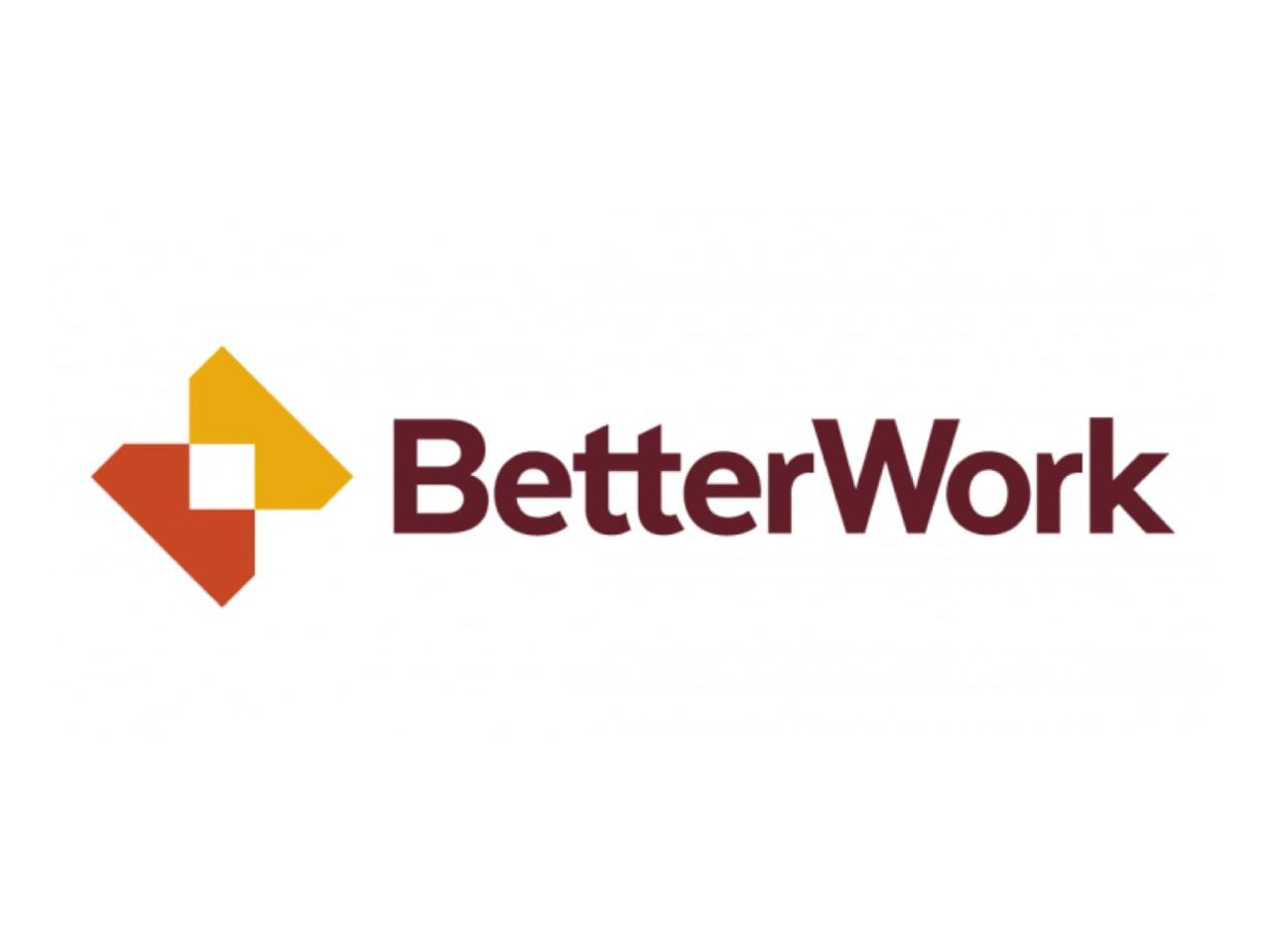
BETTER WORK
Better Work is an innovative partnership program between the International Labor Organization (ILO) and the International Finance Corporation (IFC). It aims to improve both labor standard compliance and competitiveness in global apparel supply chains. As a Global Buyer Partner, PUMA is committed to using only Better Work audits in lieu of our own in Vietnam, Cambodia, Indonesia and Bangladesh to reduce social audit fatigue.
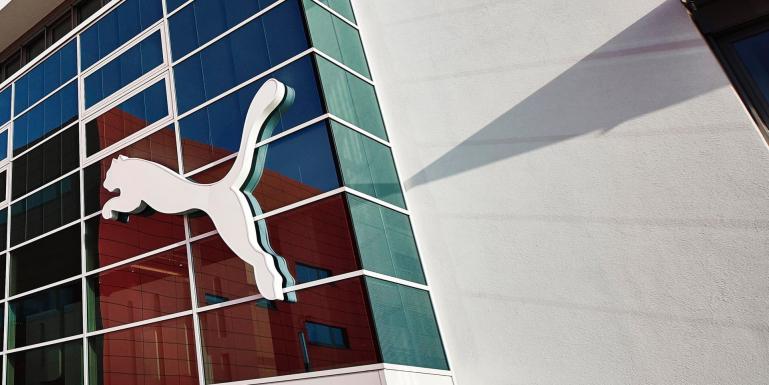
CAPACITY BUILDING
Just like all trainings, our capacity building programs and projects intend to strengthen the knowledge, abilities, skills and behavior of our suppliers. This is how we set a groundwork upon which our suppliers can build.
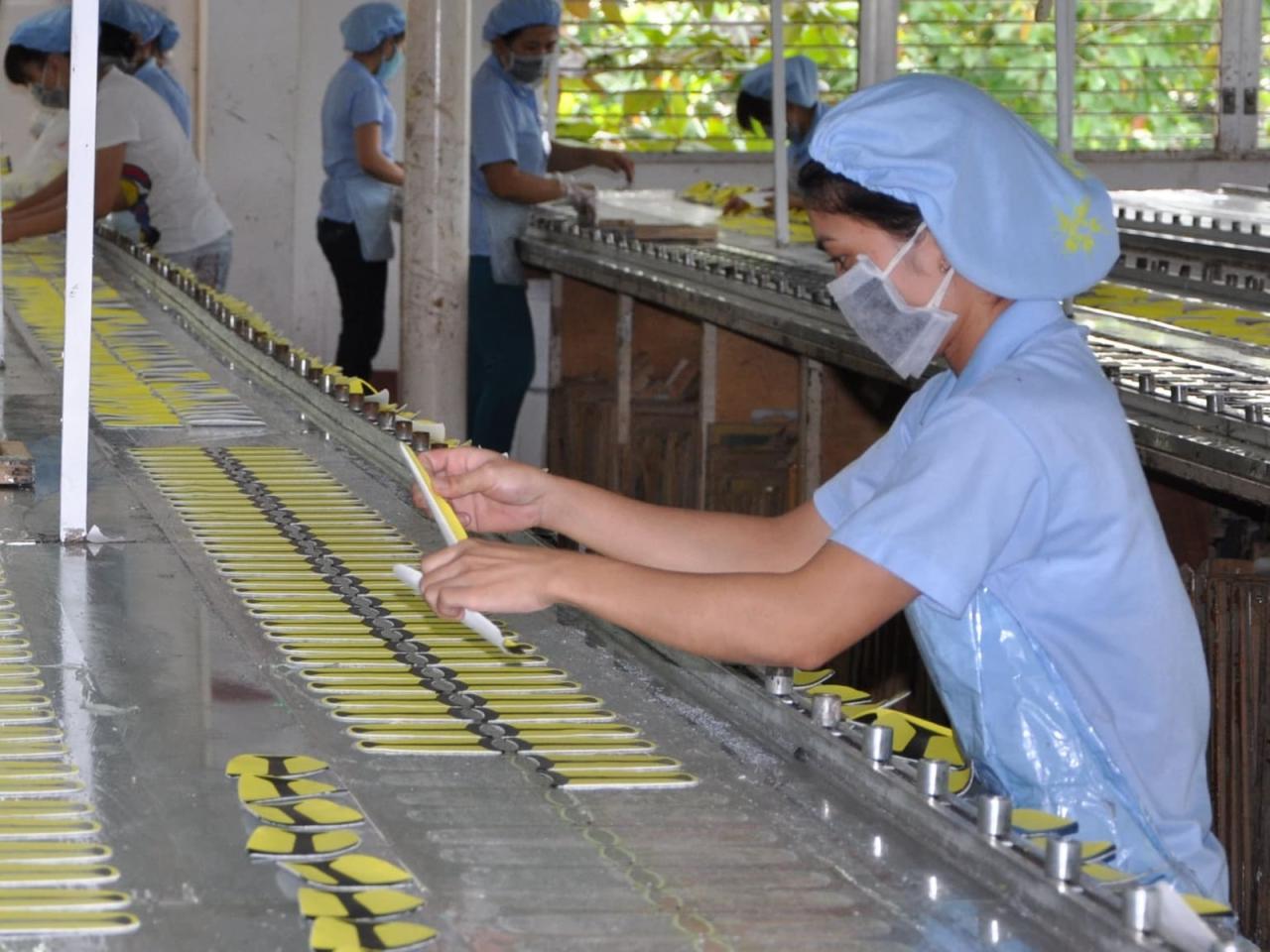
BETTER WORK PROGRAM
PUMA factories, that are enrolled in the ILO / IFC Better Work Program, go through a process of learning in the fields of assessments, advisory services, industry seminars and training.
The program covers areas such as child labor issues, discrimination, forced labor, freedom of association, collective bargaining and national labor law regulations on compensation, contract and workplace relations, occupational safety and health, working hours and more.
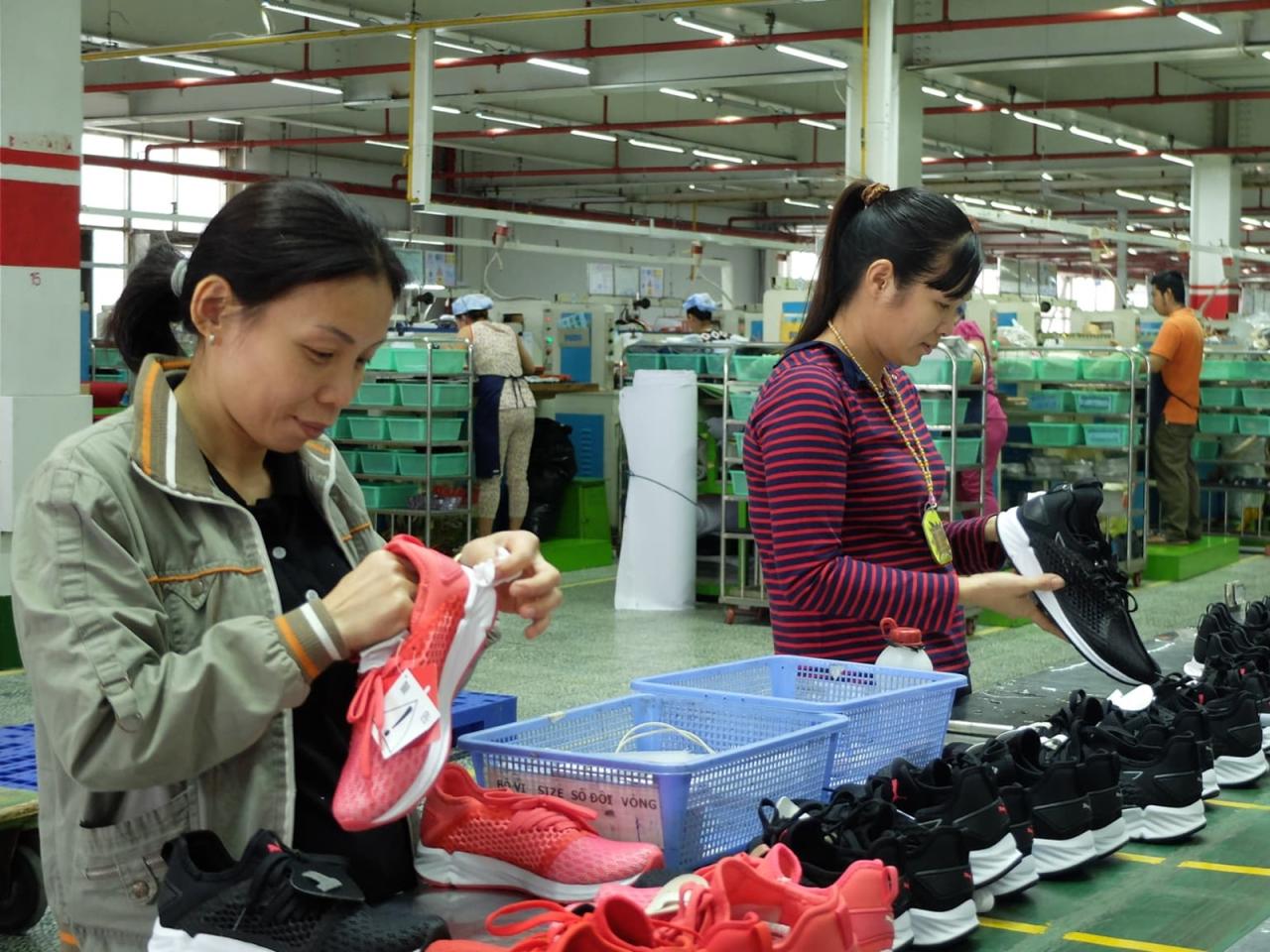
WOMEN EMPOWERMENT
PUMA initiatives support suppliers in reviewing existing policies and practices or establishing new ones to realize women’s empowerment.
We help to conduct workshops in factories where local NGO representatives train workers on human and women’s rights. In the past, we have teamed up with local non-governmental organizations to support women workers in our suppliers’ factories in Turkey, Georgia and Egypt. More recently, we have expanded our program into Bangladesh.
Since 2008, more than 5000 factory workers have participated in women empowerment and human rights capacity building projects organized by PUMA.
FAIR COMPENSATION STRATEGY
Our participation in the Indonesia Freedom of Association Protocol officially began June 7, 2011. An historic protocol on freedom of association was signed by Indonesian trade unions, employers and multinational sportswear brands including PUMA. The protocol supports the rights of women and men producing for global brands in Indonesia to join unions and bargain collectively for better working conditions. In turn, we as a company are given a practical set of guidelines on how to uphold and respect the rights of workers.
FREEDOM OF ASSOCIATION
Our participation in the Indonesia Freedom of Association Protocol officially began June 7, 2011. An historic protocol on freedom of association was signed by Indonesian trade unions, employers and multinational sportswear brands including PUMA. The protocol supports the rights of women and men producing for global brands in Indonesia to join unions and bargain collectively for better working conditions. In turn, we as a company are given a practical set of guidelines on how to uphold and respect the rights of workers.
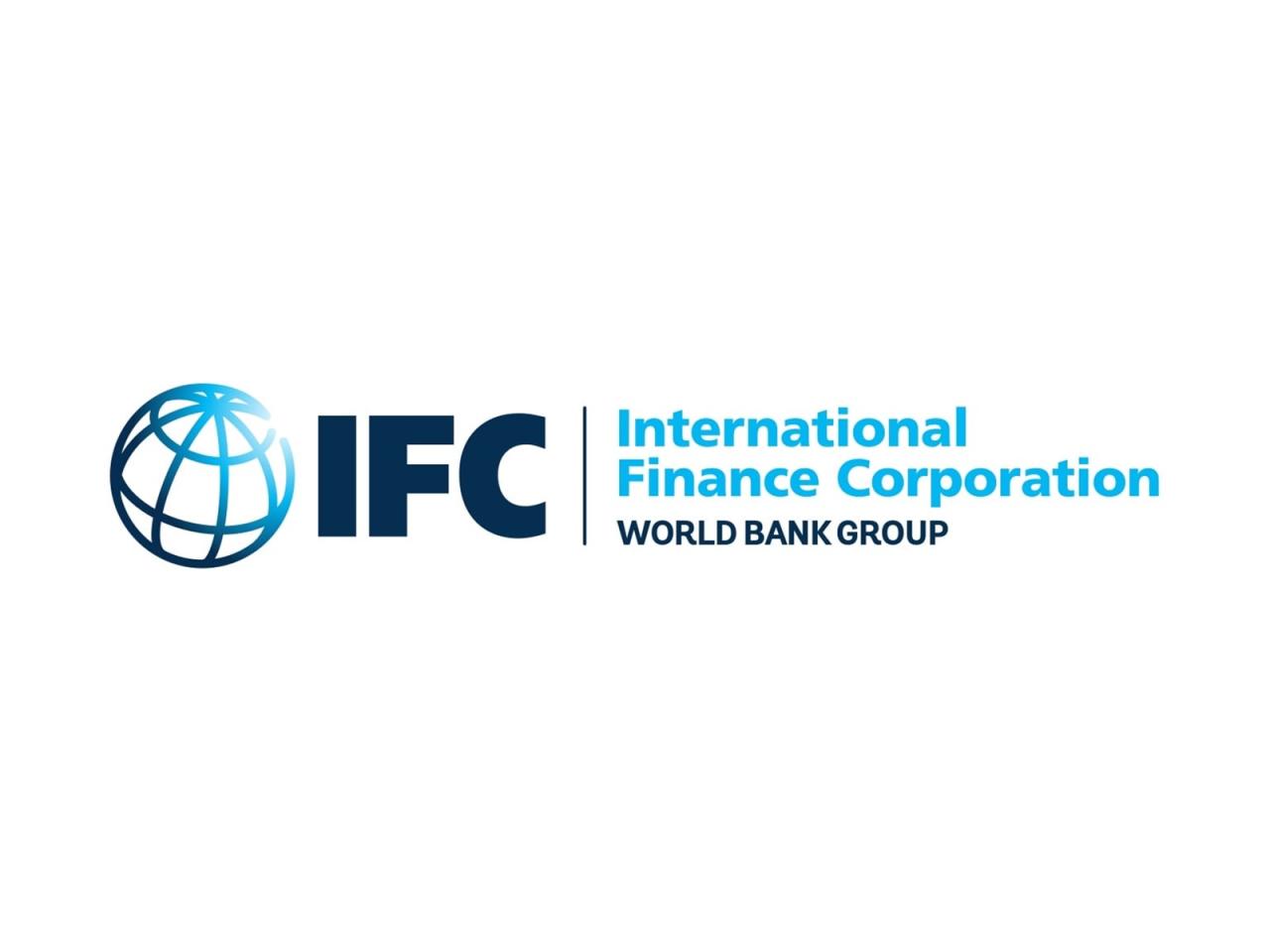
ADVANTAGES FOR HIGH SCORERS
PUMA VENDOR FINANCING PROGRAM
Suppliers are encouraged to achieve good compliance and sustainability ratings – an A or B rating within our auditing program. With the appropriate rating, the International Finance Corporation (IFC) and banking group BNP Paribas offer attractive financing conditions to them.